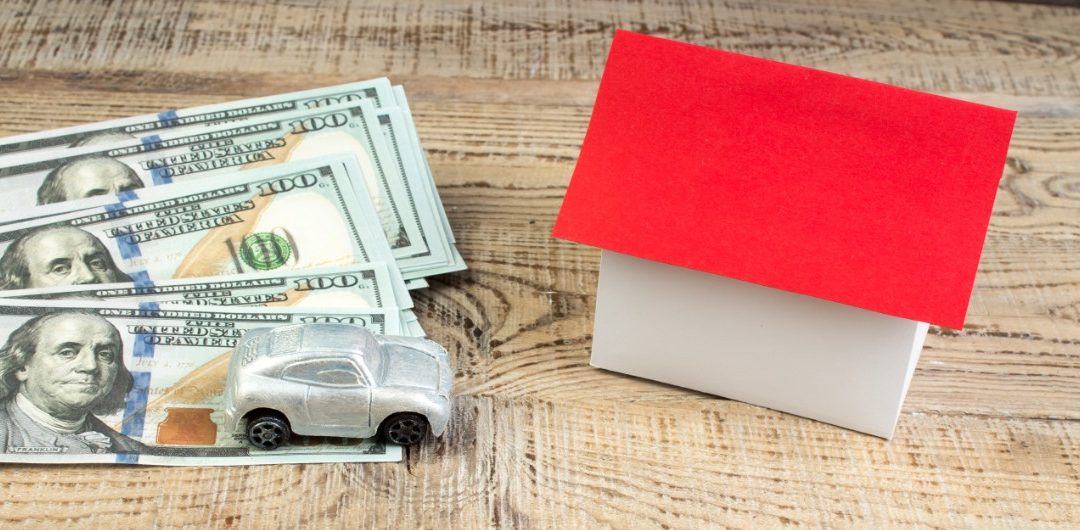As a bankruptcy attorney, I am often asked by people filing for chapter 7 or chapter 13 bankruptcy if they will be able to keep their house and car when this is all done. The answer is, yes!
How Can I Keep My Car If I File Bankruptcy?
In order to keep your car in a chapter 7 bankruptcy case in Georgia, you have to sign a reaffirmation agreement with your car creditor under the same terms of your original loan agreement and continue making the same monthly payment that you made prior to filing bankruptcy.
On the other hand, you can choose to keep your vehicle in a chapter 13 bankruptcy which, in some circumstances, will even allow you to change the terms of your loan. In a chapter 13 bankruptcy, if you purchased your vehicle more than 910 days (2.5 years) prior to filing bankruptcy, you can actually propose to pay the creditor for just the fair market value of the vehicle at a reasonable interest rate (normally prime interest rate on the date of filing plus 2% normally works in Georgia courts). Even if you purchased your vehicle less than 910 days before you filed chapter 13, you can still propose to lower your interest rate to a reasonable rate. In both cases, you will not make a separate car payment. Instead the payment will be included in your chapter 13 repayment plan.
How Can I Keep My House If I File Bankruptcy?
In Georgia, you may exempt up to $10,000 for your principal residence under the homestead exemption in a chapter 7 bankruptcy case. If your house has a higher fair market value than $10,000, you may be wondering how such a small exemption can protect your house in a chapter 7 bankruptcy. Here’s how.
The chapter 7 bankruptcy trustee will not be interested in selling your home if it does not have equity. For example, if your home has a fair market value of $100,000, and you have a mortgage in the amount of $110,000, then the mortgage company’s interest in the home exceeds the value of the home. Thus, if the trustee sold your home, the trustee would not receive a net profit. In that situation, you would not even need the homestead exemption to keep your home. Under the same scenario, but with a mortgage of only $90,000, then you would have to apply the $10,000 homestead exemption to protect your home from sale.
In addition to making sure that your home is not subject to sale when filing a chapter 7 bankruptcy, you must be sure that your mortgage payment is current in a chapter 7 case, in order to avoid foreclosure. However, even if you are not current on your mortgage payments, you can work with your mortgage company outside of the bankruptcy case in order to modify your monthly payments or address the mortgage arrears.
If a potential bankruptcy filer has assets that exceed the value of the allowable exemptions in Georgia, chapter 13 may be a better option. In a chapter 13 bankruptcy case, a debtor with unexempt assets may pay back a mortgage company in an amount that is equal to the amount of equity in the property.
Have Questions? Contact Us!
The decision of whether or not to file for bankruptcy, and which type of bankruptcy to proceed with, is an important one. If you are considering filing for bankruptcy in Atlanta, Georgia, please contact CMC Law at (404) 585-0040 for a free initial consultation.

